J P Kaushik
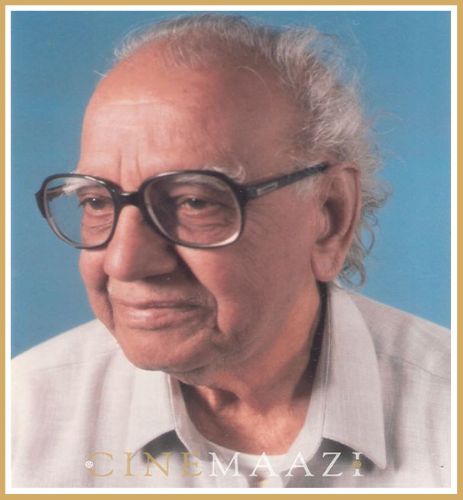
- Born: 12 October 1924 (Rohtak)
- Died: 14 March 2017
- Primary Cinema: Hindi
- Parents: Ram Gopal Kaushik
Noted film music composer J P Kaushik was active in the film industry in the 1960s and 1970s. He often worked with renowned filmmaker K A Abbas. He composed more than 50 songs for Hindi, Haryanvi, Rajasthani films as well as for documentaries. Some of his popular songs include Sona re tujhe kaise miloon, Manne aave hichaki, Tan ka rog nahin dehi mein, O mere sajana, Tera mera manwa kaise, Baadal uthya ri sakhi, Meri aankh teri angiya mein fas, Sooraj mukh na jaaungi, and Veera bandhu, among others. His songs featured in films such as Saat Hindustani (1969), Dhamaaka (1980), Laado Basanti (1985), Junoon (1979), and Kanoon (1960).
He was born Jag Phool Kaushik on 12 October 1924 in the old city of Rohtak. In his early years, he participated in the Indian freedom struggle and later went on to work as an officer in the Indian Air Force. It was while he was working in the Air Force, that his connection with the music industry grew. On a posting in Jodhpur, he met sarod maestro Ustad Ali Akbar Khan. As he would spend his annual leave in Bombay, he would interact with and learn from well-known personalities such as Naushad Ali, S D Burman, Bimal Roy, Rajinder Singh Bedi and K A Abbas. Eventually, after his stint in the Air Force, he decided to pursue a career in music in films.
His association with K A Abbas earned him his break in films as a music director, as he made his debut with Shehar Aur Sapna (1963). This drama film, written and directed by K A Abbas, was based on Abbas's own story One Thousand Nights on a Bed of Stones, which describes the struggle in the life of pavement dwellers against the backdrop of rapid industrialisation. The cast of the film featured David Abraham, Anwar Hussain, and Manmohan Krishna, among others. The film won the President’s Gold Medal, while Kaushik’s well-appreciated compositions won him the best music director award from the Bengal Journalists Association.
He went on to score music for films such as Aasmaan Mahal (1965), Bambai Raat Ki Bahon Mein (1968), Saat Hindustani (1969), Basti Aur Bazaar (1973), Aankhin Dekhi (1978), Dhamaka (1979), Junoon (1979), Chandrawal (1984), and Sanhji (1985).

Among the notable songs that Kaushik scored for Aasmaan Mahal, which was also directed by K A Abbas, was the introspective and philosophical number - Main aahein bhar nahin sakta. A social family drama, the film starred Prithviraj Kapoor as an impoverished nawab, who, having lost his money, continues to live in the old traditional style, maintaining a façade of grandeur. His son opposes the unrealistic lifestyle. The film was hailed for its authenticity.
For K A Abbas’s suspense crime-thriller, Bambai Raat Ki Bahon Mein, Kaushik composed songs such as Bambai raat ki bahon mein, Jalti hui jawanian yeh unkahi kahaniyan, and Usne jo kaha mujse ek geet suna do na rendered by Asha Bhosle, Mahendra Kapoor and Sulakshana Pandit, respectively.
He composed the music for the National award-winning action film Saat Hindustani, written and directed by K A Abbas. It portrayed the heroic story of seven Indians who attempt to liberate Goa from the Portuguese colonial rule. Songs from the film included Ek manzil pe sabki nigahen rahe, Aandhi aaye ki tufan, Zulm hadd se badhega toh, and Yu badhi jaise lehra ke dhara badhe.
Kaushik not only scored music for Hindi films but also composed songs for regional cinema in the languages of Rajasthani, Gujarati as well as several films in this own mother tongue, Haryanvi. Composing music for over 20 regional films, the Haryanvi film Chandrawal for which he scored music was a golden jubilee hit. Starring dancer Usha Sharma, the film told the story of a tragic love affair between Chandrawal, a girl of the Gadia Lohar Rajput community, and Suraj, a Haryanvi Jat boy. Its success was spurred on by its popular soundtrack. His music for the Rajasthani films Dharambhai (1987) and Laado Basanti was also well-appreciated.
His worthy contribution in the field of film music, over nearly five decades, saw him honoured by the film industry – he was awarded the lifetime achievement award by the Dada Saheb Phalke Academy Mumbai, in 2010.
His body of work includes music for the television series Madhurima, Insaani Rishton Ka Safar, Anmol Rattan, and Officer On Special Duty. He also composed music for the documentaries Pageants Of India, Tales Of Four Cities, and Sumitra Nandan Pant.
J P Kaushik passed away on 14 March 2017. His sons Satish and Sunil Kaushik also followed his footsteps as music composers.
References
https://www.bhaskar.com/harayana/rohtak/news/HAR-ROH-OMC-music-director-jp-kaushik-dies-in-mumbai-news-hindi-5550539-NOR.html
https://beetehuedin.blogspot.com/search?q=j+p+kaushik
https://www.facebook.com/391149464326895/photos/rest-in-peacejp-kaushikjp-kaushik-the-noted-film-music-composer-and-creator-of-t/1152596188182215/
https://www.jiosaavn.com/artist/j.p.-kaushik-songs/0HIJgOaBISA_



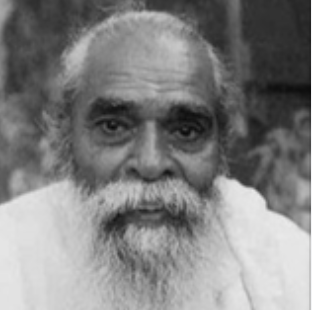
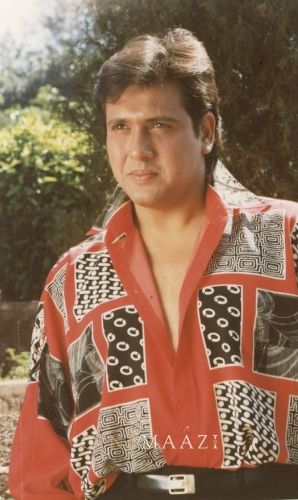
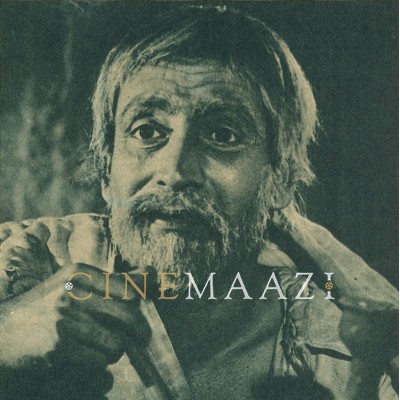
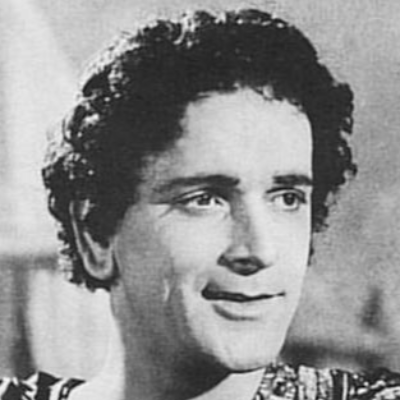

.jpg)


